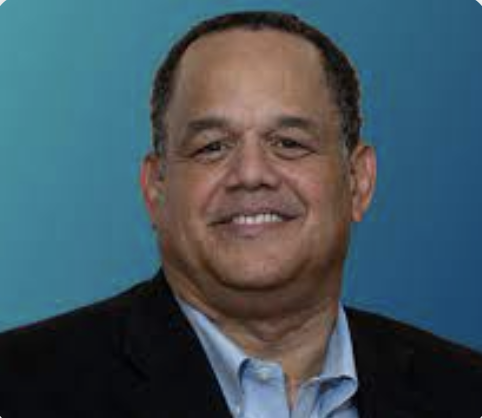
Professor Mark Niles’ new article, Student Protests and “Fighting Words”: Critical Race Theory and the Regulation of Hate Speech on Campus, will appear in a forthcoming issue of the Albany Law Review. Here is the abstract:
Devastating Hamas attacks on Israeli civilians and military personnel in October 2023, and the Israeli military response to those attacks in Gaza, have given rise to protests around the world, notably on college campuses in the United States. These protests (on more than 50 campuses in all parts of the country) have in turn generated multiple allegations of antisemitic statements and conduct by protestors. Many high profile university donors and board members, portions of the media and some elected officials, responded to these allegations by identifying perceived deficiencies in campus administrative response to these complaints and to calls for more robust action to support and protect students who were harmed by it. This advocacy reached a kind of crescendo with Congressional hearings calling presidents of the nation’s most prestigious universities to task for their inaction, leading to calls that these leaders resign their positions.
This article uses these calls for more robust regulation of hate speech on campus as the foundation for a discussion of how college campuses in the United States actually do regulate student and other campus speech, and how prohibitions on hate speech have evolved over the past several decades. It begins with a focus on the earliest advocacy for regulation of racist and other class-defined hate speech from the scholars who would go on to found the Critical Race Theory (“CRT”) movement. These scholars acknowledged the importance of broad protections of freedom of expression to ensure a vibrant and just community but questioned whether the legal and theoretical justifications for absolutist protections of speech took sufficient account of the harm that antisemitic and racist hate speech caused to people of color and members of other marginalized and traditionally subordinated groups, and of the importance of other constitutional values, including anti-discrimination. This article summarizes the rejection of these mainstream arguments by foundational CRT scholars Richard Delgado, Mari Matsuda and Charles Lawrence III, who advocated for specific hate speech regulation on college campuses. And how Lawrence’s work influenced the development and expansion of campus hate speech regulations in the late 1980s and 1990s. It then surveys the judicial response to these regulations and their continued evolution up until the present day. The article concludes with an application of these CRT inspired hate speech regulations to a range of alleged speech and conduct associated with the Gaza protests to determine which would be prohibited under these codes, and which would not and would be categorized instead as protected speech.
